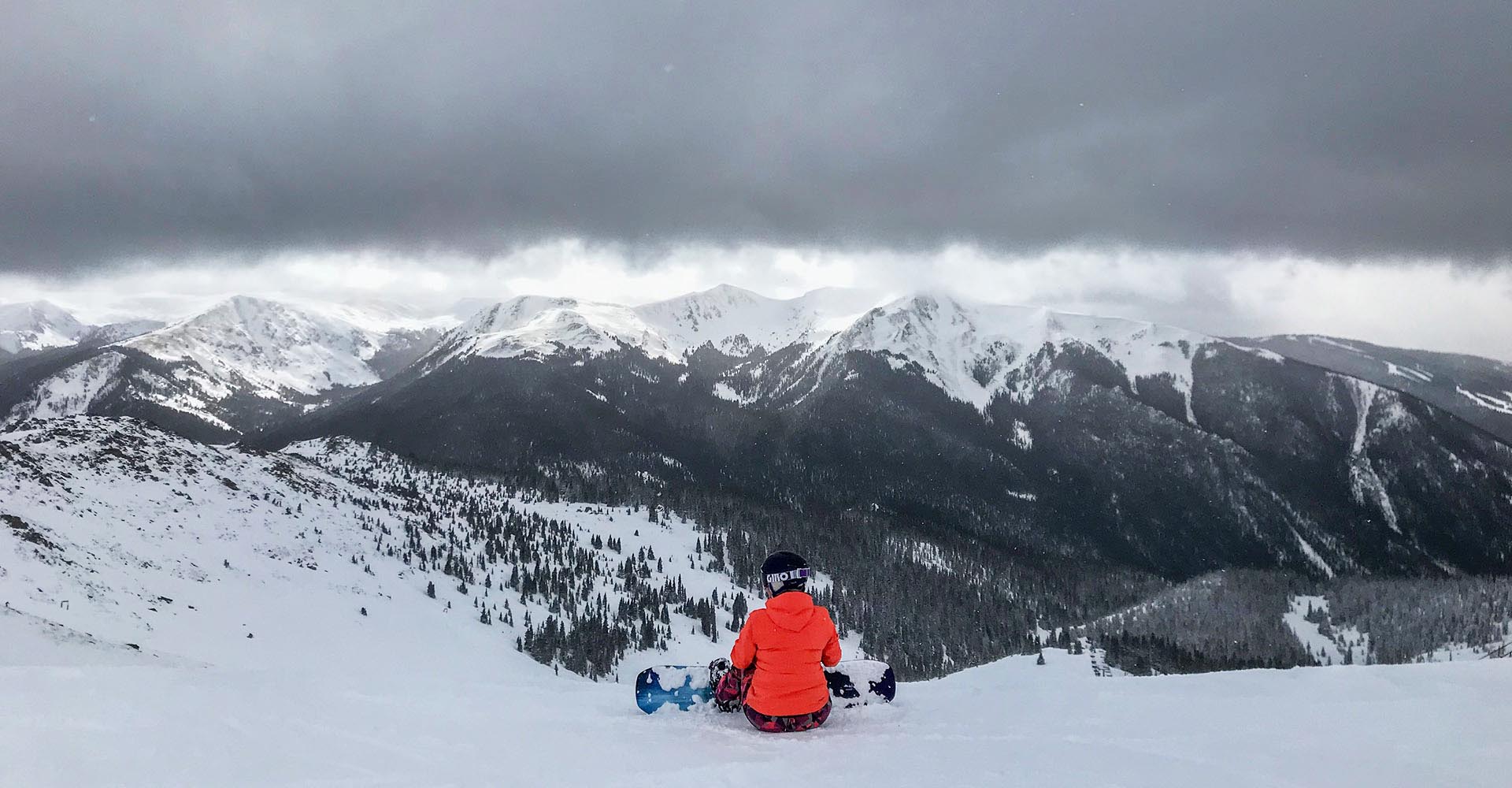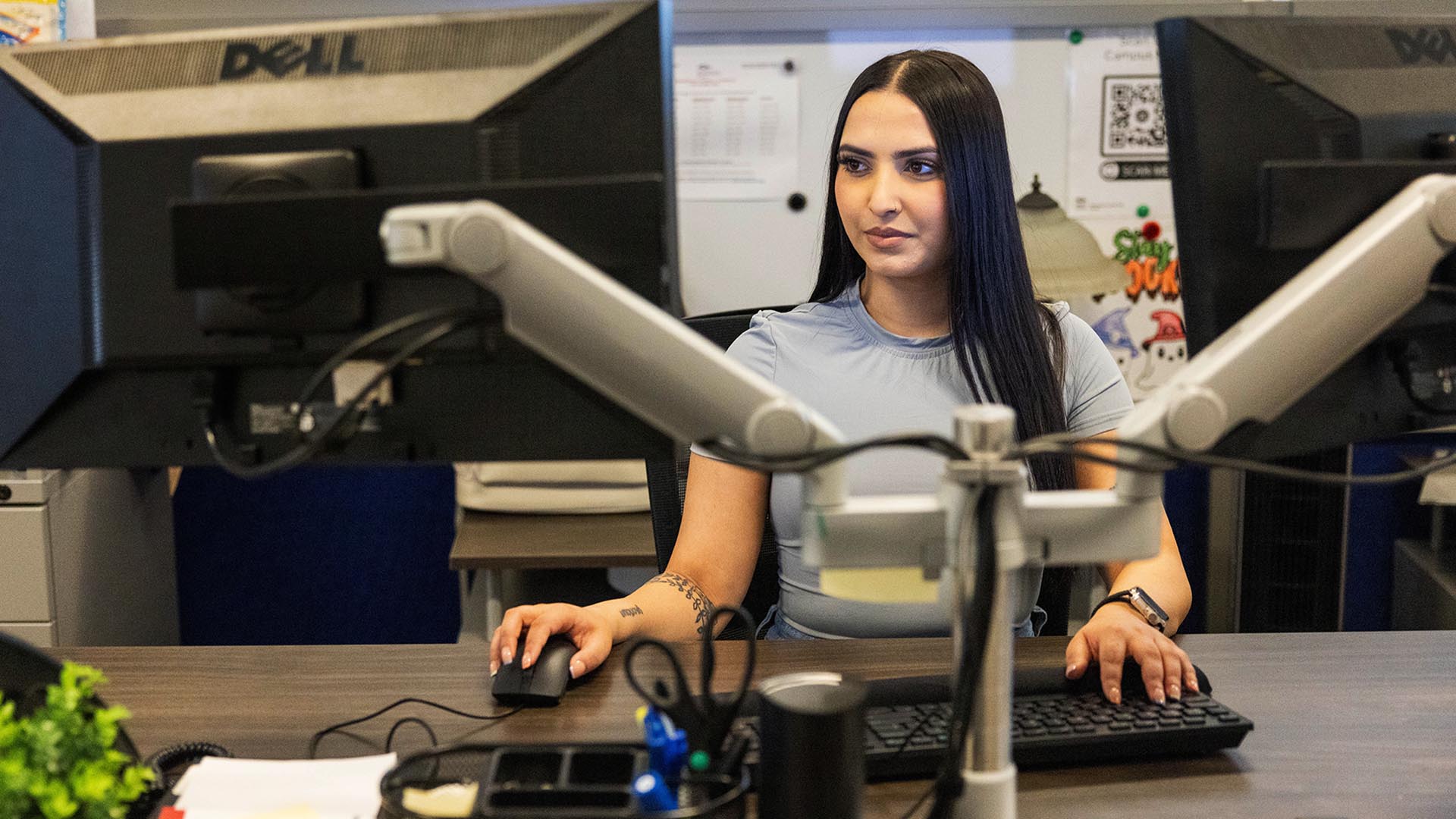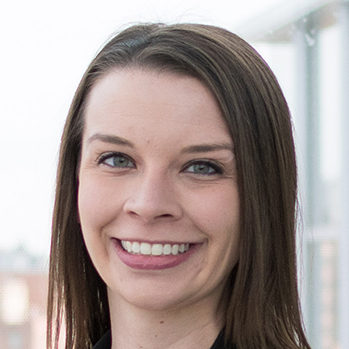Colorado’s outdoor industry reacts to COVID-19
The Great American Outdoor Act is a boost for public lands, but whether it will also lift up Colorado’s $62.5 billion outdoor-recreation economy during the pandemic remains to be seen.

The Great American Outdoor Act is giving Mother Nature a breath of fresh air during a summer in which public lands – and Colorado’s recreation industries reliant on them – needed it most.
But whether or not the boon to the Colorado’s federally managed lands – 24,086,075 acres, or 36.23% of the state’s total land – also lifts up its $62.5 billion outdoor economy that’s been hit hard by the COVID-19 pandemic remains to be seen, outdoor-recreation experts said.
The Great American Outdoor Act signed into law Aug. 4 permanently funds the Land and Water Conservation Fund to the tune of $900 million annually; it also allocates $9.5 billion taken from royalties on energy production on public lands to clear up backlogs of deferred maintenance to our National Park system.
The amount of money that will flow into public lands as a result of the legislation is “absolutely mind-boggling,” said Lincoln Davie, assistant professor of outdoor recreation in Metropolitan State University of Denver’s School of Hospitality.
“Colorado lands managed by the National Park Service are going to benefit greatly from this economic stimulus,” he said. “It’s the most substantial preservation effort we’ve seen in the past 50 years.”
It lands at a time when the state’s outdoor-recreation industry, which employs 18.7% of the state’s labor force, according to state data, is making major adjustments to account for the COVID-19 pandemic.
“Like every sector, outdoor recreation is feeling the pinch right now,” Davie said.
Since the onset of the pandemic, 94% of outdoor businesses have experienced a year-over-year decrease in sales, with 24% seeing revenue cut in half or worse, according to data from Outdoor Recreation Roundtable. The downturn has led to 88% of owners laying off or furloughing employees. In an industry where nine of every 10 companies are small businesses, it’s been a fast-moving storm to weather.

Consumer purchasing decisions overall have been mixed, Davie said. Manufacturers and retailers are shifting focus to more affordable gear options to encourage greater access to recreational opportunities.
For instance, the country is seeing an explosion in demand for bicycles, with retailers posting year-over-year sales increases of 112% in April and 61% in May. Meanwhile, a clear Colorado industry winner is backcountry skiing and snowboarding, according to Davie.
When COVID-19 shuttered ski resorts at the beginning of a snowy March, downhill enthusiasts flocked to off-the-grid options. The rapid shift to the backcountry in March solidified a trend that had been building for several years, Davie noted. While backcountry usage at locations such as Berthoud Pass and Loveland Pass spiked when resorts shuttered, the shift has also spawned interest in low-impact, no-frills offerings such as Silverton Mountain and the new Bluebird Backcountry, a resort with personalized guided options that opened last year in the Winter Park area.
Loveland Ski Area, a resort that has eschewed slopeside development and other trappings of destination resorts, announced last week that things will look a bit different for the 2020-21 ski season. It will institute occupancy limits, increase sanitization and make prorated adjustments on passes from the previous year’s shortened season. It is guaranteeing 130 days of operation for season-pass products.
As the state approaches the upcoming ski season, it’s critical that the state’s skiers and outdoor industry recognize the balance of access and safety required, Davie said.
“Connection to outdoor space is critical for our health and well-being, as well as the economy,” he said. “It’s about risk management within the context of public health.”
Davie, himself a former ski patroller, is working with Erin Seedorf, assistant professor in the MSU Denver Department of Health Professions, to examine the intersection of the outdoor industry and public health as part of the Colorado Concierge program offered by the state’s Tourism Office.
“We’ve been thinking about ‘industry interrupters’ when it comes to things like climate change; now we’re thinking about how we respond to COVID-19 grounded in an ethic of care,” Davie said.







